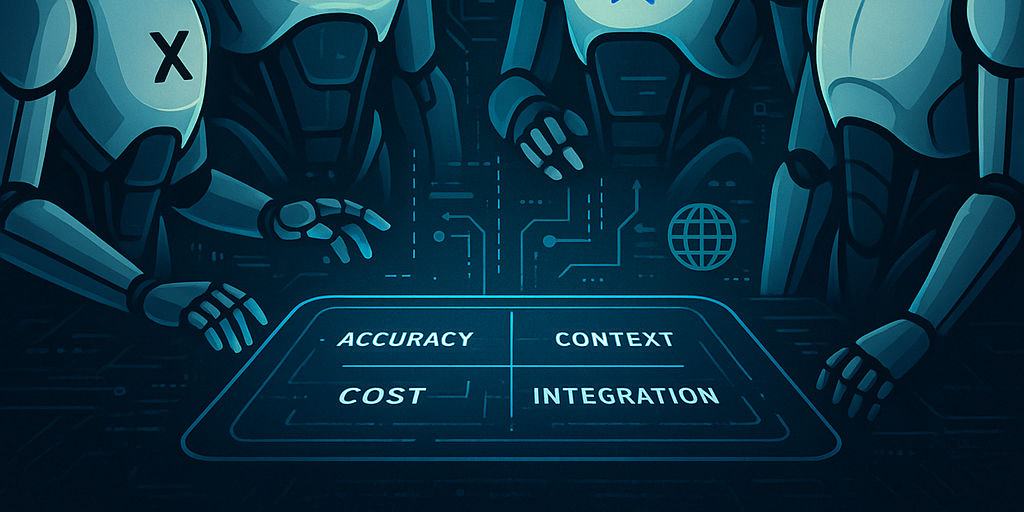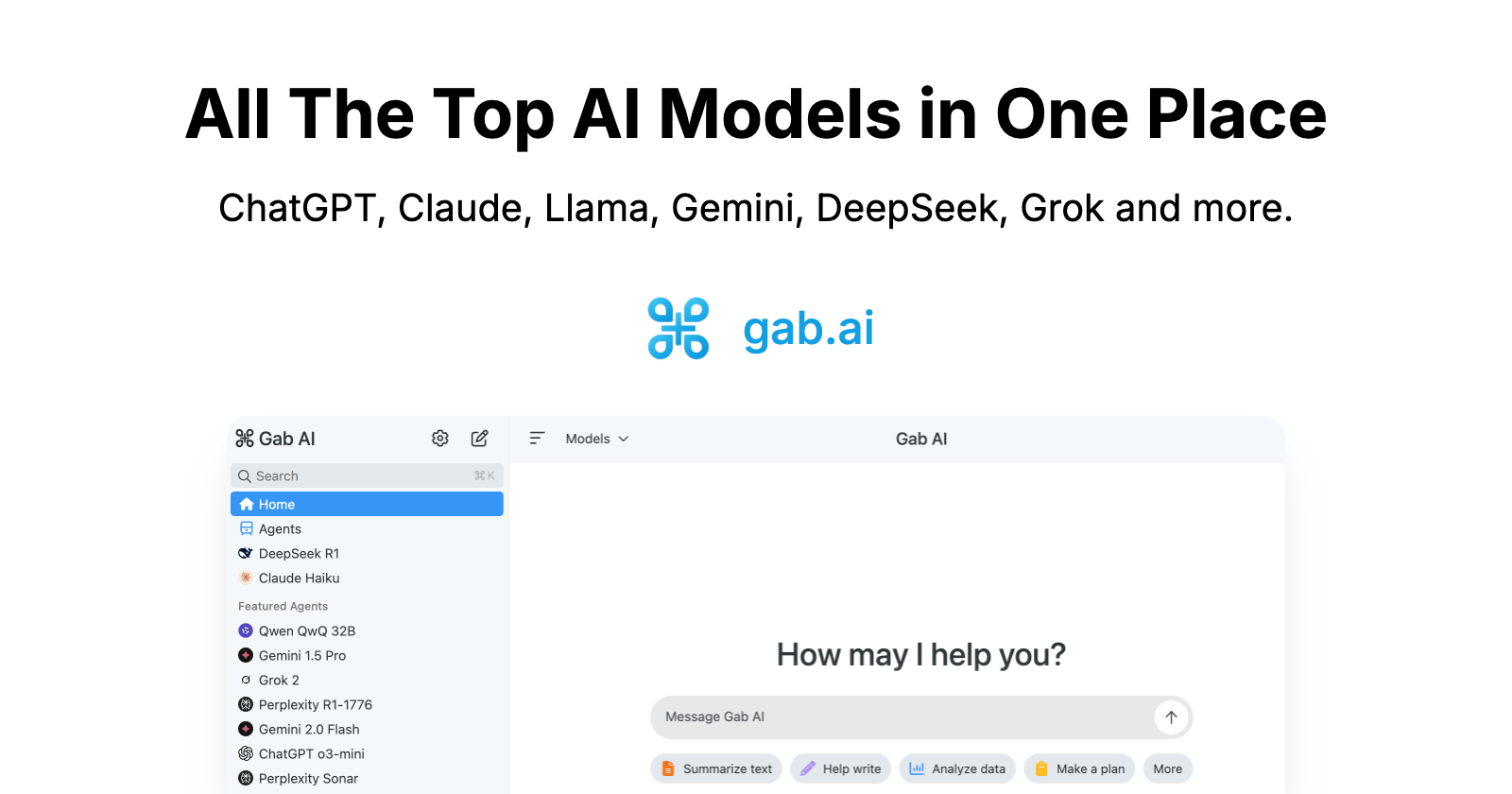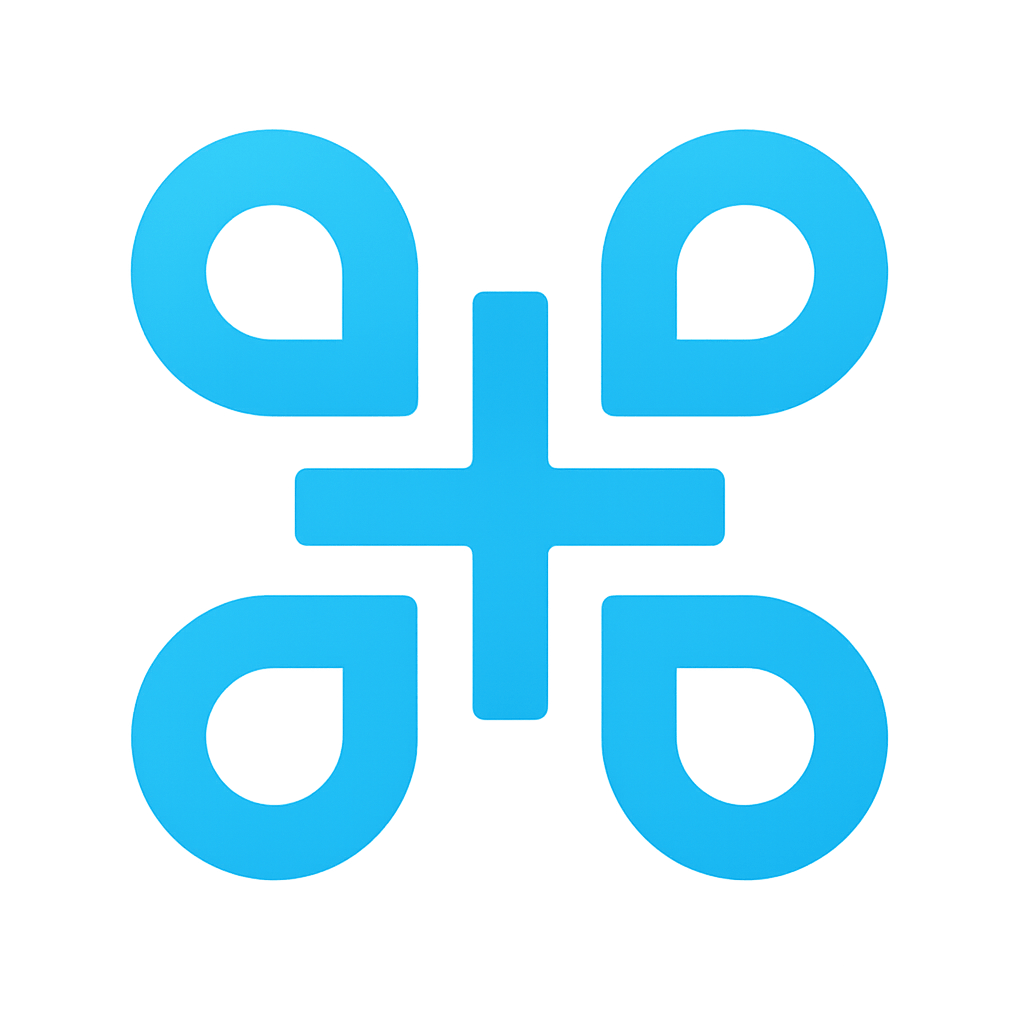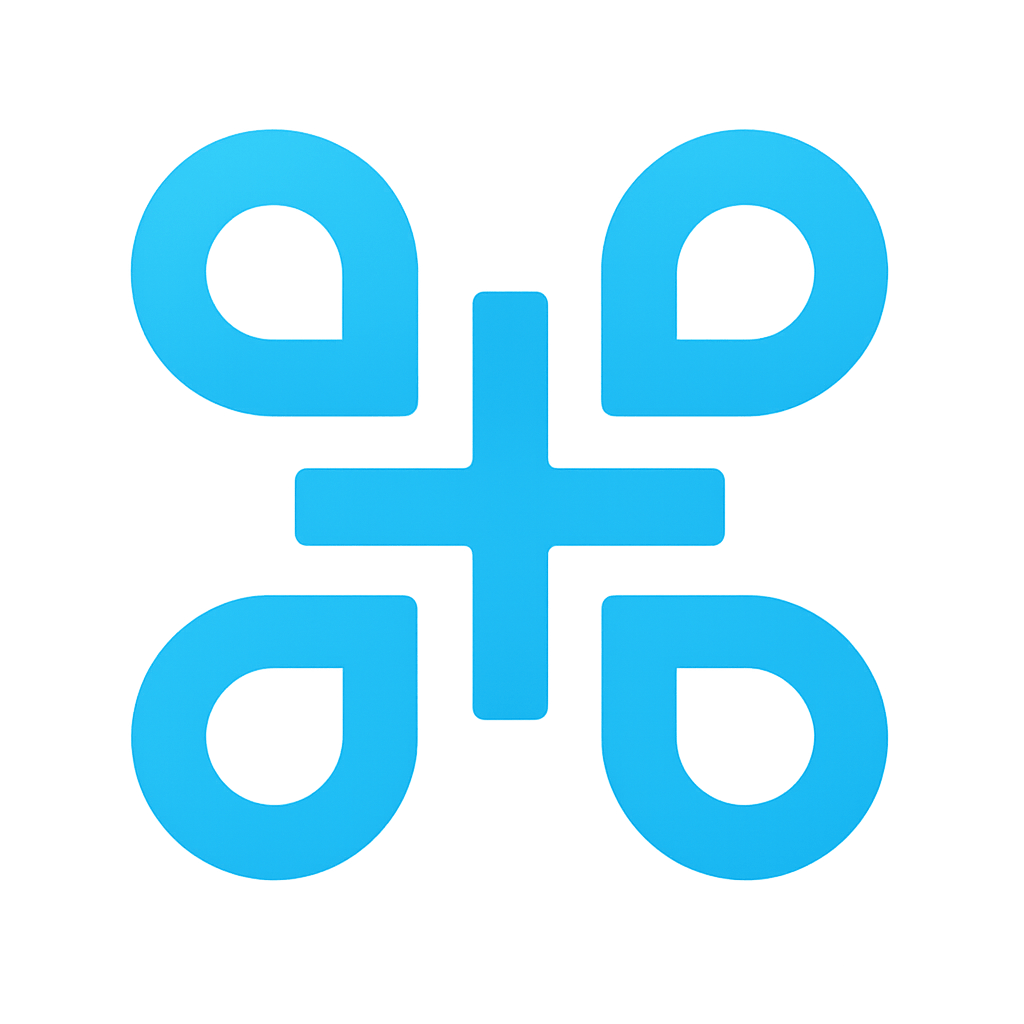Grok vs ChatGPT vs Gemini vs Claude – Which is Right for You?

Use all of the top AI models in one dashboard with Gab AI.
Artificial intelligence is evolving at an extraordinary pace, and the explosion of advanced language models makes choosing the right tool for your needs increasingly complex. Today, we’re putting Grok, ChatGPT, Gemini, and Claude side-by-side, comparing their accuracy, performance, capabilities, cost, context length, multimodality, customizability, and more. If you’re searching for the best AI language model or facing the “Grok vs ChatGPT” question, you’ll find your answer here.
When it comes to accuracy and performance, each model brings its own unique strengths to the table.
ChatGPT (powered by OpenAI’s GPT-4) stands out for its nuanced reasoning and impressive scores on benchmark evaluations. Its grammatical fluency and broad general knowledge base make it ideal for a wide range of applications, from creative writing to technical explanations.
Claude, from Anthropic, is designed to provide detailed and well-sourced answers, earning a reputation for lower AI hallucination rates, which helps users trust its outputs more readily.
Google’s Gemini (formerly Bard) combines the company’s search expertise with conversational AI, producing fast, up-to-date responses in a wide variety of languages. Its close integration with Google’s vast information retrieval systems often means answers are both timely and relevant.
Meanwhile, Grok—the latest entrant from xAI and Elon Musk—is tuned for real-time data, especially from the X (Twitter) platform. It delivers quirkier, internet-savvy answers with a distinct personality, though sometimes this comes at the expense of precision.
Context length and multimodality are increasingly important as users demand more from their AI assistants.
ChatGPT and Claude have made substantial progress in supporting large context windows, now processing upwards of 100,000 tokens in some cases—perfect for digesting lengthy documents and extended conversations. Gemini shines in the area of multimodality, natively handling a combination of text, image, and even audio or video inputs. Grok prioritizes swift, succinct interactions; its context length and multimodal capabilities are currently more limited compared to the others, though its focus on real-time, internet-driven conversations offers a unique perspective.
Cost and availability are also significant factors for many users.
ChatGPT operates on a freemium model with a robust free tier, while premium access to GPT-4 is available via the ChatGPT Plus subscription or API usage, billed per token. Claude offers free limited access with paid plans (Claude Pro) and an API with usage-based pricing. Gemini is readily available for free through Google products like Gmail and Docs, but advanced capabilities require a premium Gemini Advanced tier or enterprise-focused APIs. Grok is unique, as it is currently available only to X Premium+ subscribers, making its access more exclusive and limiting broader adoption.
Customizability and integration play key roles, especially for developers and enterprises. ChatGPT and Claude both offer advanced integration options via robust APIs, making them top picks for businesses seeking to build custom AI-powered solutions. Gemini’s strength lies in its deep integration within Google’s workspace ecosystem—seamlessly enhancing productivity across Docs, Gmail, Sheets, and beyond. Grok, at present, has fewer open-source customization options or external integrations, but leverages its real-time access to X to provide a unique, always-current edge.It’s also worth noting the open-source versus proprietary discussion. Currently, Grok, ChatGPT, Claude, and Gemini are all proprietary solutions.
Those seeking open-source LLM alternatives might consider models like Llama or Mistral for maximum flexibility and self-hosting potential.Language support and usability matter for many global users.Gemini impresses with its wide selection of supported languages, reflecting Google’s international reach. ChatGPT and Claude handle most major languages very well, especially in their premium models.Grok’s language diversity is a bit less clear, but it is primarily oriented toward English and the broader X user base.
So, Which Model Is Best for You?
The answer depends on your priorities.If research and complex reasoning are important, both ChatGPT and Claude are compelling choices. For those living inside the Google ecosystem or requiring seamless workflow integration, Gemini is ideal. Anyone seeking up-to-the-minute, unfiltered, and internet-savvy insights will appreciate Grok’s personality and connection to live content streams.
Enterprises and businesses often find ChatGPT (API), Claude, or Gemini best suited for customization and scaling. If cost, context window size, and API integration are at the top of your list, comparing these four on those axes will help you make the right call. AI models are developing at breakneck speed, with new capabilities introduced on a regular basis. Whether your top concern is accuracy, multimodality, cost, integration, or customizability, there’s a model ready to fit your workflow.
If you’re eager to experience these top AI models firsthand without juggling multiple accounts or subscriptions, platforms like Gab AI make the process seamless. With Gab AI, you can access and compare Grok, ChatGPT, Gemini, and Claude all in one spot, streamlining your workflow and letting you discover which model truly excels for your specific tasks. Whether you’re conducting research, testing prompts, or benchmarking accuracy, Gab AI offers a convenient, unified interface for today’s leading AI chatbots—making it easier than ever to find your perfect AI solution.
Use all of the top AI models in one dashboard with Gab AI.


